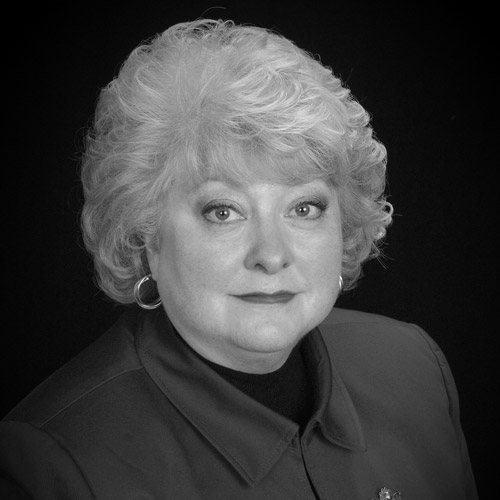After sixteen years as part of Catholic Health Initiatives’ (CHI) legal department, VP and regional general counsel Mike Watters has a comprehensive view of the organization. In fact, he has supported more than half of the facilities in the CHI system. Which means that during a time of tremendous change in healthcare, he has a good eye for both shared regional and national issues, as well as the differences in how they should be addressed.
But law and healthcare are actually part of a second-act career for Watters. In 1985, he was a second-round draft pick for the Los Angeles Dodgers. He quickly moved to the AAA minor-league division, where he played for teams in the Dodgers’ and Seattle Mariners’ organizations.
“In the beginning, it was fun and exciting and part of a dream I’d always had,” Watters says. “But after three years of banging on the door to the Majors, it seemed like it was bolted shut—and the guy ahead of me was an All-Star. So at twenty-nine-years-old, I needed to find a new path to follow.”
That led to law school at Indiana University in 1990, a decision Watters says he has never regretted. “Law school and being an attorney appealed to how I’m wired. I enjoy figuring out logic problems, and I love having the opportunity to help people and being able to find the answers that they need.”
“It’s dealing with success and failure, learning how to bounce back after you make an error, and working hard to improve. And those are lessons that apply to much more than baseball.”
Watters has coached all seven of his children at some point and, following in the footsteps of his father who coached high school football for nearly fifty years, has also coached many of their friends. He stresses that what he’s able to teach them goes beyond the competition of athletics. “It isn’t just about fielding ground balls or throwing strikes,” he says. “It’s dealing with success and failure, learning how to bounce back after you make an error, and working hard to improve. And those are lessons that apply to much more than baseball.”
Mike Watters’s Career Accomplishments on the Diamond
Won 2 Big Ten titles and earned All-America honors at the University of Michigan, where he set multiple single-season records and played alongside eventual Hall of Fame shortstop Barry Larkin
Drafted in the 2nd round of the 1985 draft, 31st overall, by the Los Angeles Dodgers
Hit for a .289 batting average and .379 on-base percentage over 4 seasons of professional baseball
Played 3 seasons at the AAA level, the highest competitive level of the minor leagues
As healthcare continues to evolve, Watters will undoubtedly have to remind himself of those kinds of lessons. The pace of both change and daily operations continues to escalate at the same time that budgets are tightening and available resources are becoming more limited—an effect that he calls “a perfect storm that puts bottom-line pressure on everyone and challenges us to work smarter and more efficiently in every area.”
Watters’s tenure with CHI also puts him in a unique position to be an advocate on both regional and national levels as the company reconfigures its organizational structure. Having moved from a quasi-independent model in 1996 to a more standardized and centralized hierarchy, it is now developing a hybrid approach to leverage the best of both. The goal is to create super-regional divisions that are better positioned to react to local market forces with locally-based decisions.
CHI’s Nebraska Division grew out of a joint operating agreement (JOA) with Immanuel Communities that would eventually include dozens of facilities across the state. By comparison, the CHI Iowa Division only recently entered into its own JOA with Trinity Health in the first quarter of 2016, which creates a completely different set of priorities as its statewide infrastructure evolves.
“My role is to serve dual masters: helping the national organization define and implement priorities, and advocating on behalf of the regional markets to implement those priorities in ways that are most appropriate to their circumstances,” Watters says.
As all of healthcare transitions to focusing on accountability, this approach will ultimately leverage CHI’s size and capabilities to optimize its operational processes. It is also expected to deliver the best possible outcomes through its clinically integrated networks that serve 110 facilities in twenty states.
Although he characterizes his work as occurring in the background, Watters acknowledges the value of his “institutional insight” in an organization that provides care ranging from small critical access hospitals to 600-bed hospitals and university medical centers. “There are clearly clinical differences from one facility to the next. But as a lawyer, there are always consistent issues, like needing interpreter services, employee agreements, or solutions to HR concerns. Much of my expertise is in addressing issues behind the scenes so the clinical practice can proceed smoothly,” he explains.
“I never felt like I was the most talented guy on the field,” Watters adds, referring back to his baseball career. “My equalizer was that I worked hard. So, even though the volume of work can be tough, it feeds my constant, underlying belief that I can handle it if I just work harder.”
The trick, he says, is to find the right balance between a career he still loves and the rest of his life. AHL

